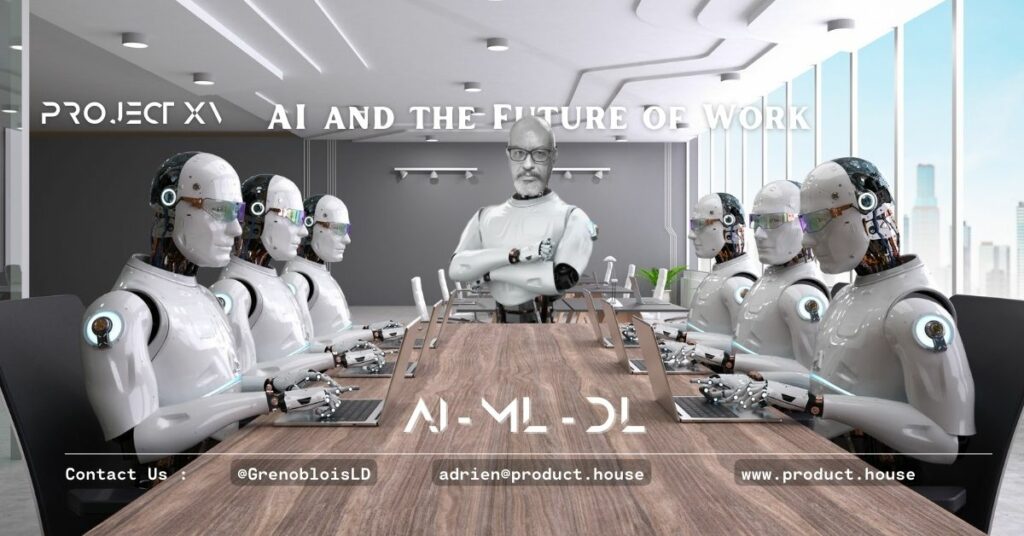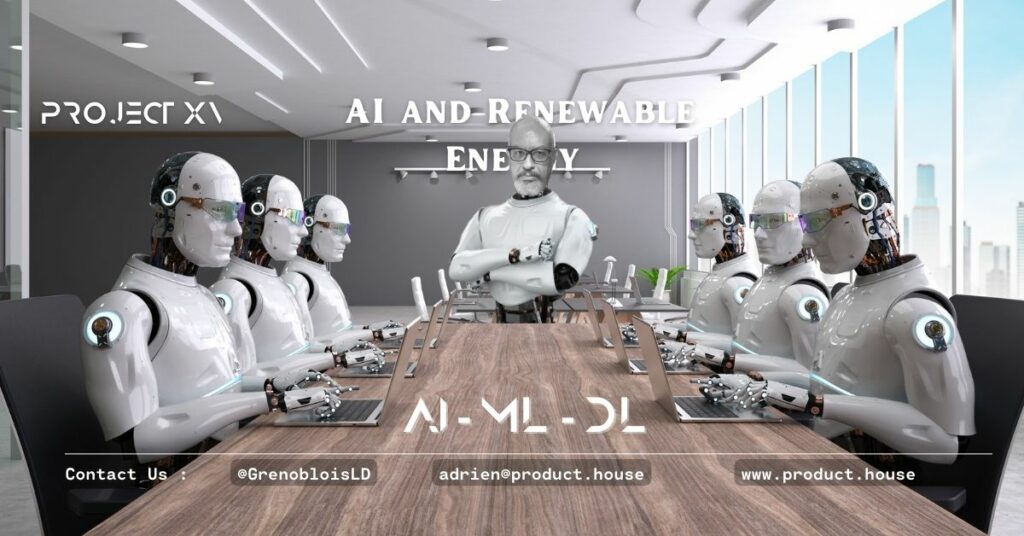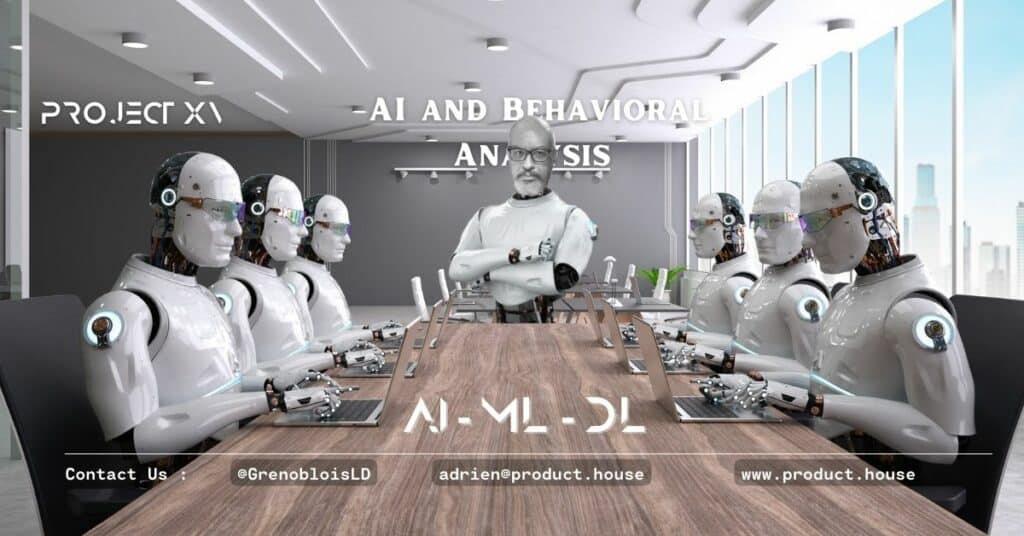AI and the Future of Work: How It Will Change Our Jobs and Careers

As the world continues to evolve, the emergence of new technologies has led to significant changes in the way we live, work and interact with each other. One of these emerging technologies is Artificial Intelligence (AI). AI has the potential to transform various aspects of our lives, including the way we work and the careers we pursue. In this article, we will explore the ways AI will change our jobs and careers in the future.
What is AI?
Artificial Intelligence refers to the development of computer systems that can perform tasks that would typically require human intelligence. These tasks include natural language processing, speech recognition, decision-making, and perception. AI systems can analyze large volumes of data and provide insights that can inform decisions and actions.
How will AI change the Future of Work?
AI has the potential to revolutionize the way we work. Here are some of the ways AI will change the future of work:
1. Automation of tasks
AI systems can automate various tasks that were previously performed by humans. For example, AI can be used to automate repetitive tasks such as data entry and processing, allowing humans to focus on more complex tasks.
2. Increase in productivity
AI can help increase productivity by enabling workers to complete tasks faster and more efficiently. AI systems can analyze data and provide insights that can help workers make informed decisions, improving overall productivity.
3. Creation of new jobs
While some jobs may become obsolete as a result of AI, new jobs will emerge. These jobs will be related to the development, maintenance, and implementation of AI systems.
4. Changes in job roles
As AI systems take on more tasks, the roles of human workers will change. Workers will need to develop new skills and adapt to new roles to remain relevant.
5. Improved safety
AI can help improve safety in the workplace. For example, AI systems can be used to monitor and analyze data from sensors to detect potential hazards and prevent accidents.
What are the benefits of AI in the Workplace?
There are several benefits of AI in the workplace, including:
1. Increased efficiency
AI can help workers complete tasks faster and more efficiently, reducing the time and resources required to complete tasks.
2. Improved accuracy
AI systems can analyze data and provide insights that can help workers make informed decisions, improving overall accuracy.
3. Enhanced creativity
AI can help workers be more creative by automating repetitive tasks, allowing them to focus on more complex tasks that require creativity and problem-solving skills.
4. Improved safety
AI can help improve safety in the workplace by detecting potential hazards and preventing accidents.
What are the Challenges of AI in the Workplace?
Despite the benefits of AI in the workplace, there are several challenges that need to be addressed. These include:
1. Job loss
AI systems can automate various tasks that were previously performed by humans, leading to job loss in some industries.
2. Ethical considerations
AI raises ethical concerns related to privacy, bias, and accountability. These concerns need to be addressed to ensure the responsible development and use of AI systems.
3. Lack of regulations
There are currently no global regulations governing the development and use of AI systems. This lack of regulation can lead to the development of AI systems that are not transparent, safe, appropriate, or ethical.
4. Cost of implementation
Implementing AI systems can be expensive, requiring significant investment in infrastructure, hardware, and software.
5. Skills gap
There is currently a skills gap in the workforce related to the development and implementation of AI systems. To address this gap, workers will need to develop new skills and knowledge related to AI.
Frequently Asked Questions:
Q: Will AI replace human workers entirely?
A: While AI has the potential to automate certain tasks, it is unlikely to replace human workers entirely. Human workers will still be required to develop, maintain and implement AI systems.
Q: What jobs are most at risk of being automated by AI?
A: Jobs that involve repetitive tasks such as data entry and processing are most at risk of being automated by AI.
Q: Can AI help create new jobs?
A: Yes, as AI systems become more widespread, new jobs will emerge related to the development, maintenance and implementation of these systems.
Q: What are the ethical considerations related to AI?
A: Ethical considerations related to AI include privacy, bias, and accountability. AI systems must be transparent, safe, and ethical.
Q: Is AI the future of work?
A: AI is likely to play an increasingly important role in the future of work, but it is unlikely to replace human workers entirely.
Conclusion:
AI is a rapidly evolving technology that has the potential to transform the way we work and the careers we pursue. AI can automate tasks, increase productivity, create new jobs and improve safety in the workplace. However, it also raises ethical concerns related to privacy, bias, and accountability, and there is currently a skills gap in the workforce related to the development and implementation of AI systems. To prepare for the future of work, workers will need to develop new skills and adapt to new roles.





